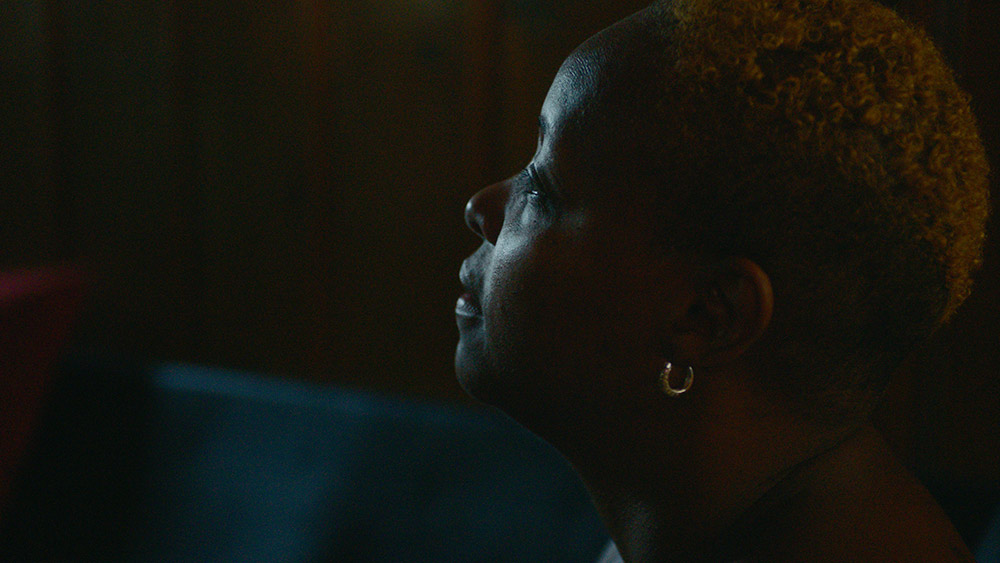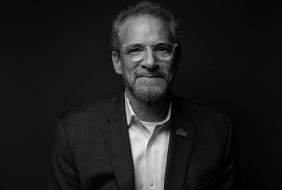COVID-19 has turned our collective world upside down. Few of us have been infected, but we all have been impacted. So far, this virus has given us plenty to worry about.
Most of us are justifiably worried about our jobs and businesses, our retirement portfolios, and what the coming days and weeks will bring. Those of us in the service industry have even more to worry about. There is no such thing as working from home for wait staff and bartenders, and the new stay-at-home order will likely make it more difficult for restaurants to remain open for takeout.
But if many of us who are still employed and working in our living rooms and home offices could spend a day with the people in the 24:1 Community—an area comprised of multiple municipalities within the Normandy schools footprint in North St. Louis County—we would realize just how fortunate the majority of us are.
Here in the 24:1 Community, few people are worried about their retirement portfolios. In reality, many people here don’t worry at all—they fear.
They fear they and their children will not be able to eat. They fear eviction if they can’t pay next month’s rent. They fear sliding even deeper into poverty, making it even harder to climb their way out.
For many of these families, life is a struggle during ordinary times. During an unprecedented viral pandemic, it’s something else altogether.
Much like we saw during the 2008 financial crisis, low-income families in areas like the 24:1 Community will be hit the hardest during this current crisis. They will also be the last to recover. In many ways, low-income communities are the front lines in a crisis and where we see the greatest casualties if no one steps in to intervene.
Here are a few employment statistics to put the current situation into perspective: Of the roughly 14,400 employed individuals age 16 and above who work to support themselves and their families, 22.4%—which amounts to 3,240 residents—work in retail and the accommodations and food service industries. The vast majority of them are no longer working and have one more paycheck at most. Among residents who are still employed, 23% could become unemployed in the near future.
Because of the severe impact that COVID-19 is sure to have on the 24:1 Community, we and our many nonprofit partners have been working around the clock to implement emergency relief efforts for the many families here who desperately need our help.
Our relief efforts are being delivered as physical resources and as emotional support. Both are needed right now.
Since the pandemic reached St. Louis, our phone lines have been ringing non-stop with desperate residents of our 400 affordable rental units who have been calling to seek help and guidance on how to survive. The fear in their voices is evident. Much of our time is spent reassuring residents that we are here for them and will be doing everything possible to ensure their safety and well-being.
The physical side to our efforts is focused on gathering, coordinating, and delivering vital resources to meet people’s most basic needs.
Currently, around 25% of our residents are already behind in rent, and we expect that percentage to quickly rise. For this reason, we are waiving all late fees and evictions until further notice. We are also working to convene resources for rent and utility assistance to prevent families from falling further behind. If we don’t, long after the pandemic is defeated and the rest of the world and the economy recovers, many of these families will continue to struggle—and some may never fully recover.
Food scarcity is already a significant challenge in the 24:1 Community. This is an entirely different scarcity than the occasionally empty supermarket shelves the rest of us have experienced. This is a scarcity of food to eat at home, next door, and throughout the community.
Many people here do not have the means to stock up with groceries and other essentials to last for any significant period of time. Many also don’t have a car and are forced to walk a mile or more to the nearest grocery store and thus can only carry a few bags of groceries.
Beyond Housing is taking several steps to ensure that people have enough food to eat. We are spending $10,000 on gift cards from Save a Lot grocery stores to distribute. We are also partnering with Operation Food Search and the Normandy Schools Collaborative to provide weekday food distribution for all children in the community. Twenty school buses are delivering grab-and-go breakfasts and lunches to the school bus stops throughout the community, as well as the seven Normandy schools.
To ensure that children have food for the weekend, our Family Engagement Liaisons (FELs)—13 staff members who in ordinary times work in each of the Normandy schools to ensure families in need receive necessary resources to keep their children in school—have ramped up our backpack program by sending 500 to 600 backpacks filled with food to homes every Friday.
We’ve made a commitment to continue paying the employees of the 24:1 Cinema and the 24:1 Cafe, both of which have closed. We’ve also made the same commitment to our own staff. As much as we have to worry about our own financial realities, we can’t afford not to. Our FELs, Housing Resource Coordinators, and Community Health Workers are the eyes and ears on the ground. They have built invaluable relationships with residents and the community that are essential to making this work successful. And our administrative and support staff are needed more now than ever.
It’s strange to shift roles so completely and spend long days doing work that is entirely different than the work we did just a few short weeks ago. Our daily work—which at its best is aspirational, hopeful, and transformative—now resembles the work of the Red Cross more than a comprehensive community development organization. For the next several months, we are no longer focused on helping families lift themselves out of poverty and transforming communities to become better places to live. Until further notice, our job is to simply help people survive.
But we are relieved that we are uniquely positioned to do it. In many ways, Beyond Housing is perfectly suited for a crisis such as this one. Over the years, we have built a human infrastructure of staff and nonprofit partners with deep connections within the community. Because of this infrastructure, we are able to switch gears to deliver the necessary resources needed to make an immediate impact. There is also strength in numbers that makes us and each of our 20-plus nonprofit partners stronger and more effective together. Once this crisis has ended and this community has recovered, we will once again look forward and resume our work of building a better future for families, this community, and our region.
But for now, managing this crisis will come with a significant price. This price will hit nonprofits like us and our partners hard at a time when our work is needed most.
After performing several budgetary stress tests, our conservative estimate is that our budget will be down $1,000,000 from a year ago, which will stretch our capacity to provide vital resources and services thin. Looking at our housing costs alone, we expect that half of the residents in our 400 affordable rental homes will need significant assistance. The average rent is $650. Providing rent assistance on 200 of those units for three months amounts to nearly $400,000. Many of our partners will be impacted even more severely.
A potential silver lining is that during times of crisis, more people choose to give to the organizations that provide relief efforts. But this crisis is far different in that the economic impact will be widespread and nearly everyone will be negatively affected in some way.
One thing this crisis makes clear is just how dependent we are on each other. Like everyone, we hope this pandemic is quickly defeated and our lives return to normal. In the meantime, we hope that people in St. Louis continue to look out for one another. We also hope that people remember there are others right now who desperately need our help, and that organizations like ours can’t do it alone.
We need each other, now more than ever.


